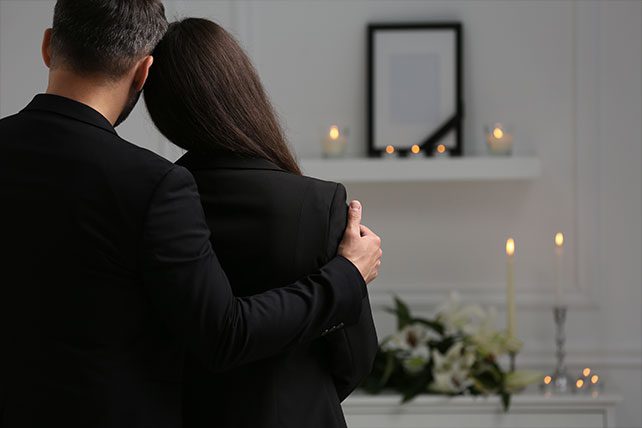Is a Wake a Catholic Tradition?
While wakes are closely associated with Catholicism, where they form an integral part of the funeral rites, the practice transcends any single religious tradition. The Catholic wake includes prayers, readings from scripture, and sometimes the recitation of the rosary, providing a spiritual context for mourning the deceased. However, similar practices can be found in various cultures and religions worldwide, adapted to reflect different beliefs and customs about death and the afterlife.
RELATED: The Life of Job: Multiple Losses, Grief, and Recovery
In Protestant traditions, the wake might be referred to as a “viewing” or “visitation,” focusing more on paying respects to the deceased and offering condolences to the family rather than on religious rites. In non-religious contexts, a wake might simply be a gathering of friends and family to share memories and support each other, without any specific spiritual or religious elements.
A wake is a deeply rooted tradition that serves as a communal response to loss, offering a space for mourning, remembrance, and support before the formal farewell of a funeral. While its practices and interpretations vary across cultures and religious beliefs, the essence of a wake—a gathering to honor and remember the deceased—remains a universal aspect of the human experience of grief. Whether held in a religious context or as a secular event, a wake provides a crucial opportunity for expressing love, sharing memories, and finding solace in the company of others who knew and cherished the departed.

